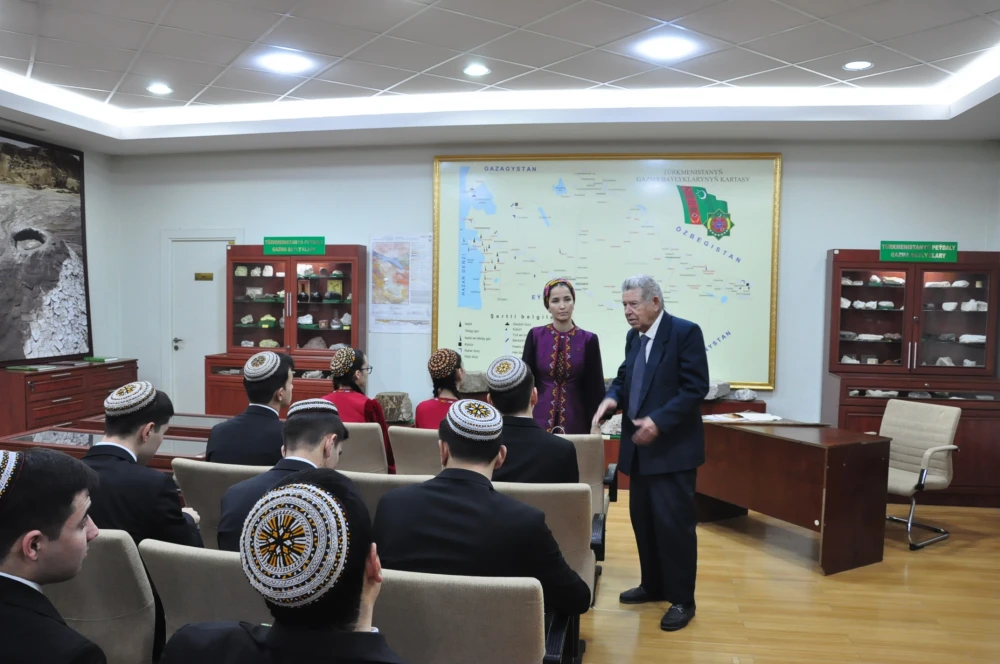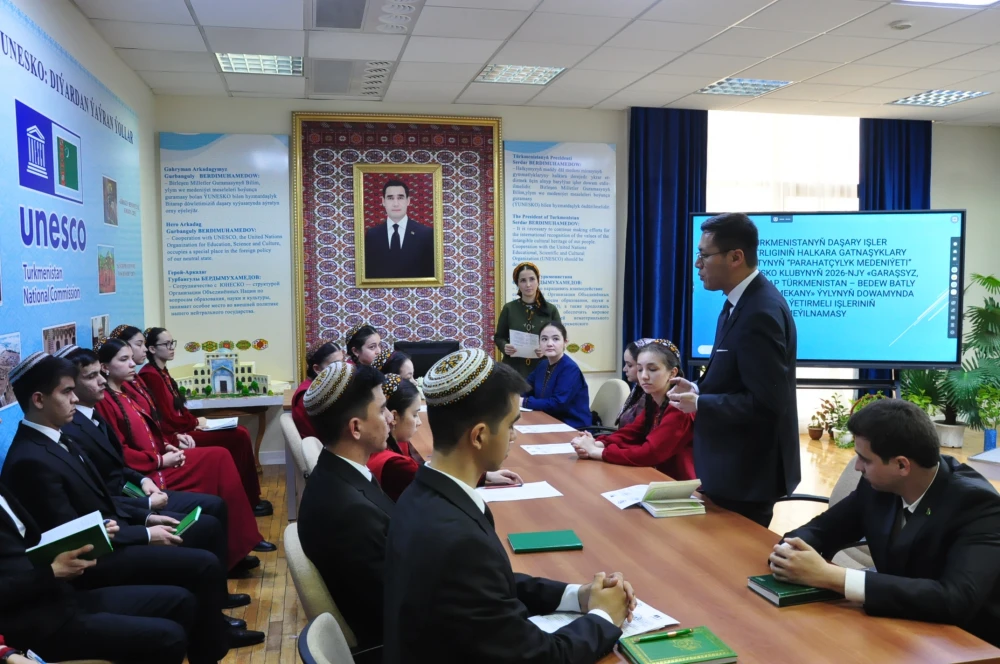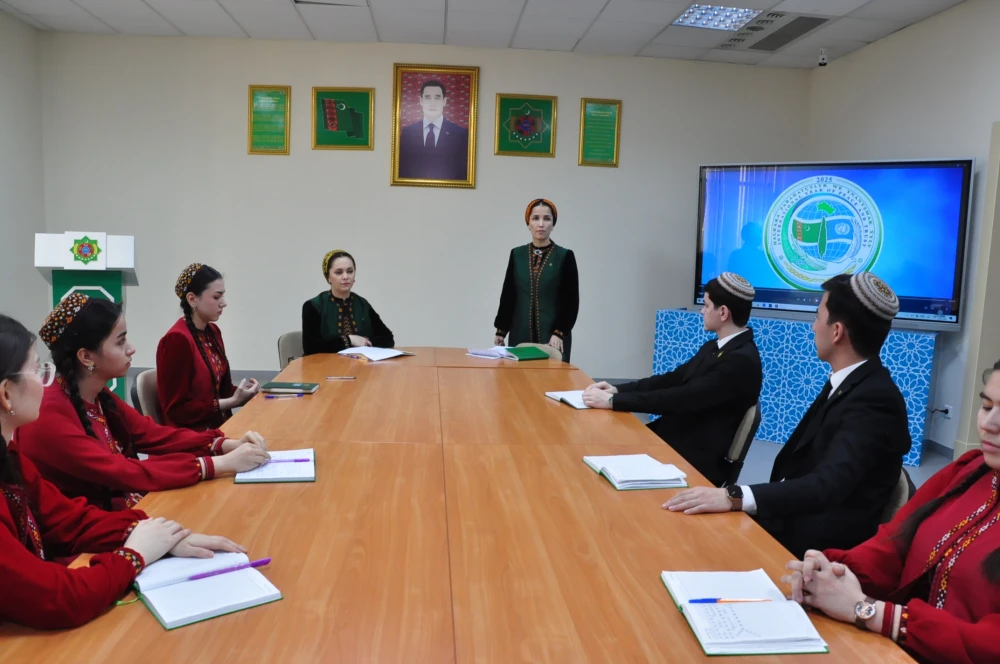
1439
UNESCO Declares December 15 as the World Day of the Turkic Language Family
At the 43rd session of the UNESCO General Conference held in Samarkand, a landmark decision was adopted: December 15 was proclaimed as the World Day of the Turkic Language Family. This day will be celebrated annually, highlighting the international recognition of the shared linguistic, cultural, and historical heritage of Turkic-speaking peoples.
The choice of this date is symbolic: it marks an important event in the history of Turkic civilization – on December 15, 1893, Danish scholar Vilhelm Thomsen deciphered the Orkhon inscriptions. These inscriptions, dating back to the 8th century, are among the oldest written monuments revealing the common roots of Turkic languages and symbolize the acknowledgment of a rich cultural legacy.
The proposal to establish this commemorative day was initiated by the President of Turkiye Recep Tayyip Erdogan and received wide support on the international stage. Turkiye’s Permanent Representative to UNESCO, Gulnur Aybet, noted that this decision demonstrates the organization’s commitment to strengthening multilingualism, cultural diversity, and promoting dialogue among nations.
The co-authors of the initiative were Azerbaijan, Kazakhstan, Kyrgyzstan, and Uzbekistan. The project was supported by 26 countries, including Turkmenistan.
Currently, more than 200 million people speak Turkic languages, united by a common history and cultural values.
As part of the 43rd session of the UNESCO General Conference, which brought together representatives from 194 countries, a ceremonial event dedicated to the adoption of the World Day of the Turkic Language Family was held. It was attended by the heads of the permanent delegations of Azerbaijan, Kazakhstan, Kyrgyzstan, Turkiye, Turkmenistan, Uzbekistan, and Hungary to UNESCO, as well as scholars and representatives of international organizations. The event featured performances by the ambassador of Turkic culture and heritage and the ethno-folk ensemble Turan. This event marked an important step in the international recognition of the contribution of Turkic civilization to the development of world culture and in promoting humanitarian cooperation.
Aynur AMANSAHEDOVA,
I year student of the Faculty of International Relations
of the Institute of International Relations
of the Ministry of Foreign Affairs of Turkmenistan.
Latest News

17/01/2026
UNFORGETTABLE MEETING
